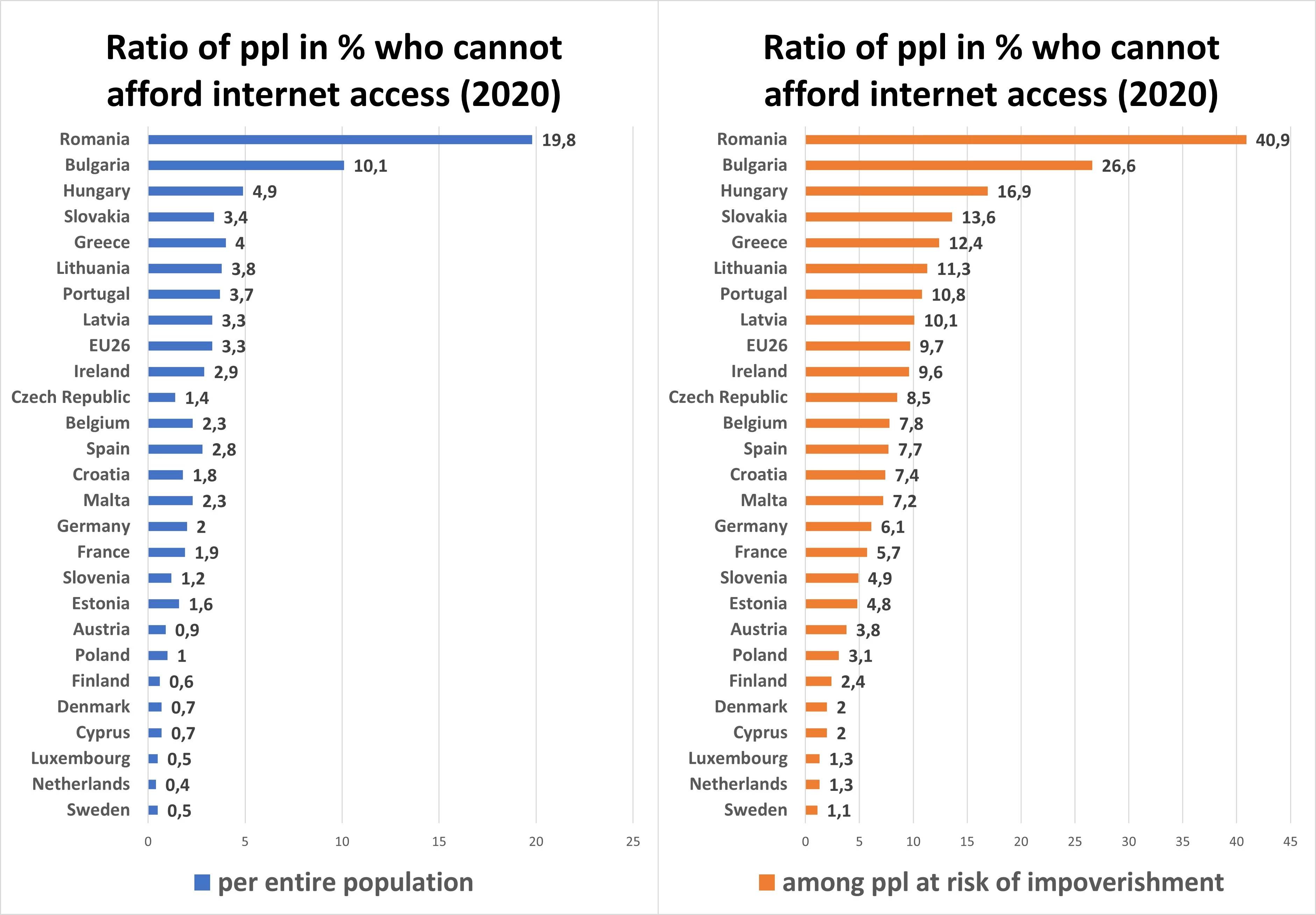Shocking! So many Hungarians can’t afford meat and fish

Over the past few years, several crises have affected the world including the coronavirus pandemic which adversely impacted people’s lives and the catering industry but several other sectors of the economy as well.
Then, there is the global issue of inflation and, on top of all of that, since Russian armed forces launched an attack on neighboring Ukraine, the forint has hit a historical low, reaching the long-feared threshold of 400 forints per euro.
All of these events have badly impacted the Hungarian economy and since there were already existing problems when it came to salaries and the standard of living in Hungary, the forint’s collapse made things even worst.
24 processed the data of Eurostat from 2020 and found that the worsening standard of living is present in people’s ability to purchase adequate food, especially among those who are already at risk of impoverishment.
Once again, Hungary is on top of a list that it should have aimed to avoid.
“Food poverty”
According to the news outlet, while on average 8.6% of EU citizens cannot afford to consume meat, fish or another vegetarian equivalent at least once every other day, this ratio is 12.8% in Hungary.
Unfortunately, in this regard, Hungary is at the 4th place. From the dataset, it becomes clear that Bulgaria is in the worst situation. There, a total of 26% of the population cannot afford to buy such food products every other day.


Surprisingly, however, the second place is taken by Germany, where this rate is over 15%, closely followed by Romania standing at 14.7%, closing the top three with the highest rate of people unable to afford adequate food.
On the other end of the scale stands Cyprus with only 1.1%, but as usual, Scandinavian countries also have a low rate of “food poverty”.
According to the definition of Eurostat, people are at risk of impoverishment if their income is no more than 60% of their respective country’s median wage.
Since the median wage in Hungary was a little over 180,000 forints (~ € 474), this concerns people who earn 108,000 forints (~ € 285) or less, writes 24.
In this comparison, Hungary managed to slide a little lower, but with a high rate, it still stands at the 5th position, while Bulgaria, unfortunately, kept its position.
“Internet poverty”
24 writes that Eurostat also gathered data about the percentage of people who have no internet access which nowadays is an essential service.
In this regard, Hungary is even worse, standing at the 3rd position in both demographics.

If we take the entire population, a total of 4.9% cannot afford to have their own internet provider. However, it must be noted that it is still half of Bulgaria’s, which stands in the 2nd place, and almost one-quarter of that of Romania.
Source: 24.hu, Eurostat, Dialy News Hungary







